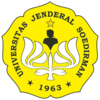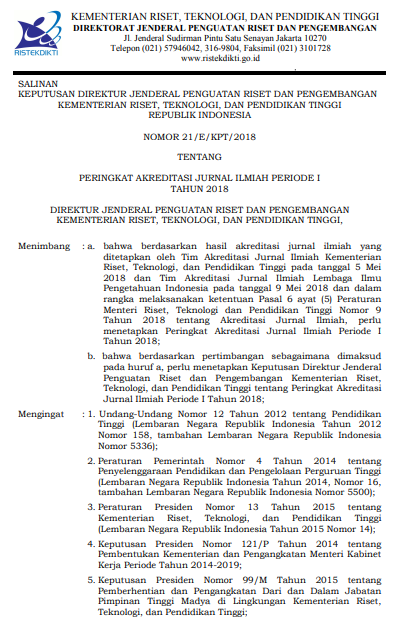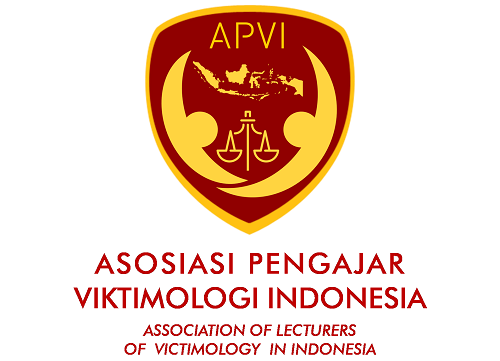PENGEMBANGAN MODEL PERLINDUNGAN HUKUM TERHADAP ANAK SEBAGAI KORBAN PERDAGANGAN DI INDONESIA
Abstract
Human trafficking is interpreted as a result of a social disorganization and crime caused by the various social factors such as industrialization, rapid social change and modernization. Social changes tend to force women and children to leave their homes and villages to the region or other countries for making a living. Unfortunately, they are not generally equipped themselves by adequate knowledge and education. As a result, human trafficing especially children becomes inevitable.The research employed normative juridical approach. Particularly, this research is descriptive by juridical analytical method. The data source involved primary, secondary and tertiary legal material. Child Legal protectionn has been regulated in legislation in Indonesia, but it is not fully implemented. Victim protection models which are required to develop are (a) placing children in family as well as social houses, where is the environment that gives a sense of security with monitored by officers. (b) giving appropriate restitution or compensation for children necessity.(c) recovering children physical and psychologically through psychiatrist accompaniment and government authorities supervision by establishing a practical and sustainable monitoring system. (d) drafting local regulations.
Key word: human rights, human trafficking and protection of lawFull Text:
PDF View
DOI: http://dx.doi.org/10.20884/1.jdh.2014.14.3.307
Refbacks
JURNAL DINAMIKA HUKUM Indexed by :
 | Jurnal Dinamika Hukum | |
| Faculty of Law, Universitas Jenderal Soedirman | Copyright of Jurnal Dinamika Hukum | |
| Yustisia IV Building, Law Journal Center | ISSN 2407-6562 (Online) ISSN 1410-0797 (Print) | |
| Purwokerto, Central Java, Indonesia, 53122 | JDH is licensed under a Creative Commons Attribution 4.0 International License | |






